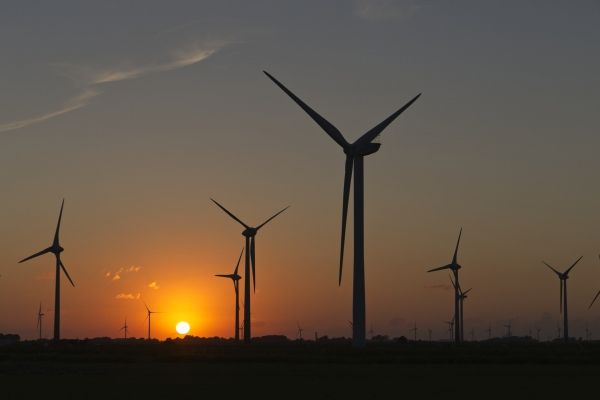On October 20 last year, French oil giant Total docked a tanker loaded with Australian liquefied natural gas at the port of Dapeng in southern China. The company boasted that the LNG was “carbon neutral” because the emissions from burning it had been neutralized by carbon credits purchased from a 10-year-old wind farm in northern China. Environmentalists cried foul. “Handing out money to a decade-old project that will run anyway does nothing to neutralize pollution from continued use of fossil fuels,” tweeted Sam Van den plas, policy director of Carbon Market Watch, a Brussels-based nonprofit.
Four weeks later another European oil major, Royal Dutch Shell, delivered another tanker-load of LNG to a port in Taiwan. It too was labeled “carbon neutral,” thanks to the company’s investment in forest projects in Ghana, Indonesia, and Peru that date back more than a decade, raising further questions about the environmental value of purchasing such “legacy” carbon credits.
Read more at: Yale Environment 360
Photo Credit: midasbram via Pixabay


